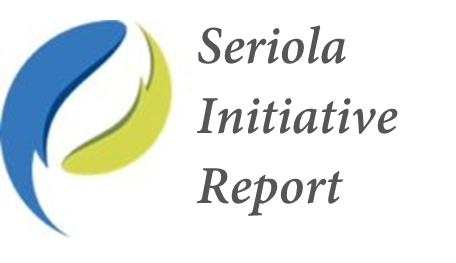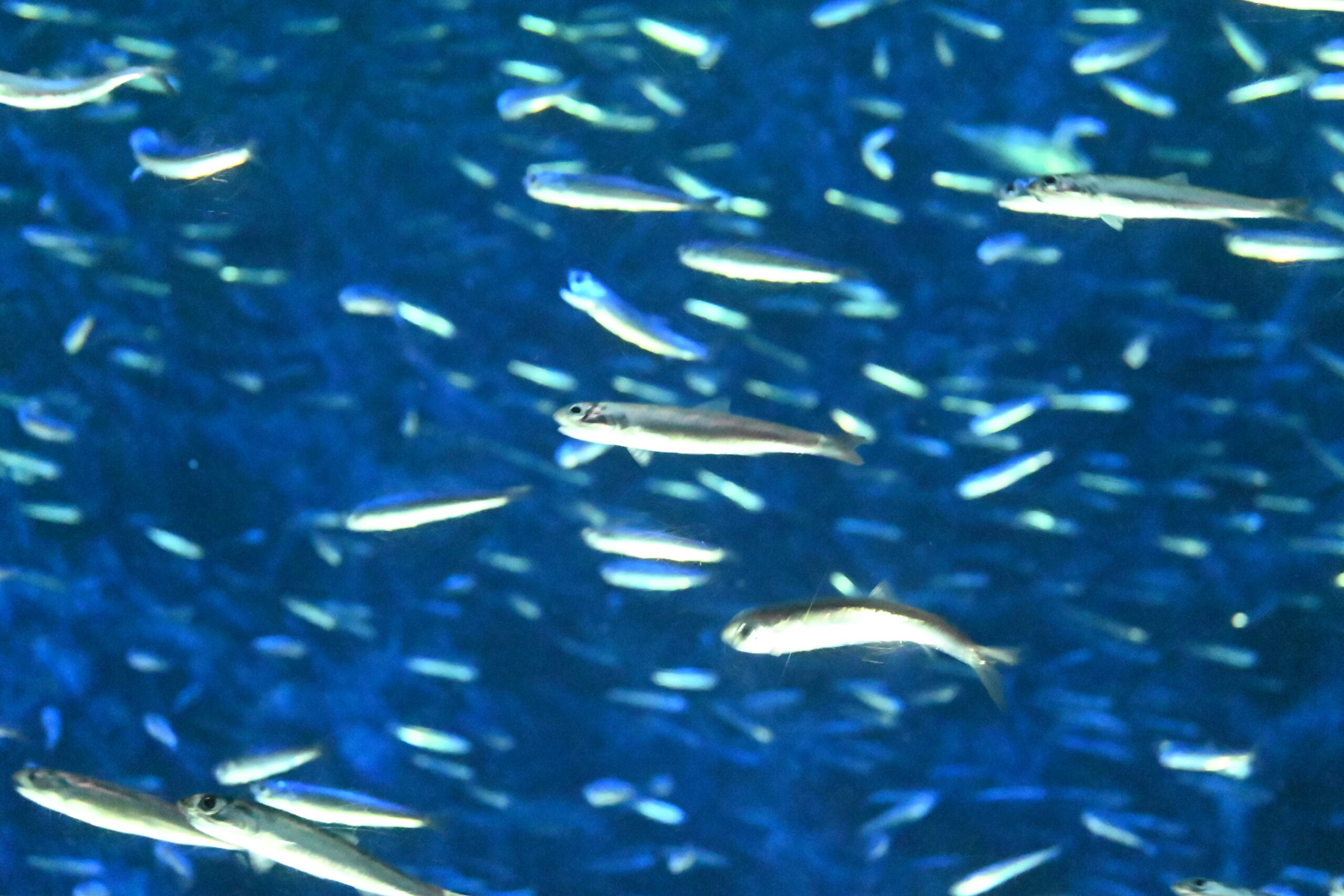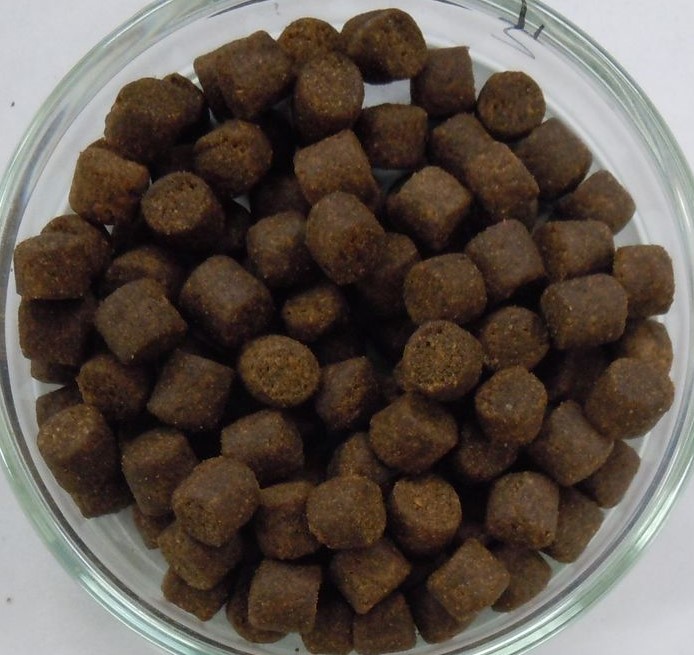In aquaculture, when diseases occur, it may sometimes be unavoidable to use antibiotics. However, excessive use of antibiotics can lead to the development of antibiotic-resistant bacteria, and reducing antibiotic use is a global challenge. The World Health Organization (WHO) classifies existing antibiotics based on their importance in human treatment (World Health Organization, 2024), and those classified as "Critically Important Antimicrobials (CIA)" are recommended not to be used for non-human purposes, such as in livestock or aquaculture (Scott et al., 2019).
The aquaculture drugs approved in Japan include some that are classified by WHO as CIA, such as erythromycin and oxolinic acid, but their use is not legally prohibited. However, some countries worldwide have banned the use of CIA in aquaculture, and the use of CIA presents a barrier to promoting the export of Japanese yellowtail. The ASC's Seriola and Cobia standard does not allow the use of CIA drugs. In other words, ASC-certified yellowtail is guaranteed to be produced without the use of CIA drugs. Furthermore, a survey of antibiotic usage has revealed that ASC-certified yellowtail has significantly lower total antibiotic use, including not only CIA but all antibiotics, compared to non-ASC-certified yellowtail (Ido, 2023). The acceptance of ASC-certified yellowtail by many consumers could be one of the concrete measures to reduce antibiotic use in Japanese aquaculture.
Due to global environmental changes such as rising sea temperatures, the risk of new fish diseases is increasing, and it is not easy to immediately reduce the use of antibiotics. It is necessary to establish appropriate health management techniques, such as thorough prevention through vaccination, early detection of fish diseases, and improvements in aquaculture methods. As JSI, we will continue to collaborate with our members to reduce the use of antibiotics in Japanese yellowtail aquaculture.
[References] Ido, A., 2023. Antimicrobial use in ecolabel certified and non-certified yellowtail (Seriola quinqueradiata) aquaculture in Japan 31, 101647. https://doi.org/10.1016/j.aqrep.2023.101647. Scott, H.M., Acuff, G., Bergeron, G., Bourassa, M.W., Gill, J., Graham, D.W., Kahn, L.H., Morley, P.S., Salois, M.J., Simjee, S., Singer, R.S., Smith, T.C., Storrs, C., Wittum, T. E., 2019. Critically important antibiotics: criteria and approaches for measuring and reducing their use in food animal agriculture 1441, 8–16. https://doi.org/10.1111/nyas.14058. World Health Organization. (2019). Critically important antimicrobials for human medicine, 6th revision. https://www.who.int/news/item/08-02-2024-who-medically-important-antimicrobial-list-2024/.
文責:井戸 篤史(JSI事務局、愛媛大学客員准教授)
0




